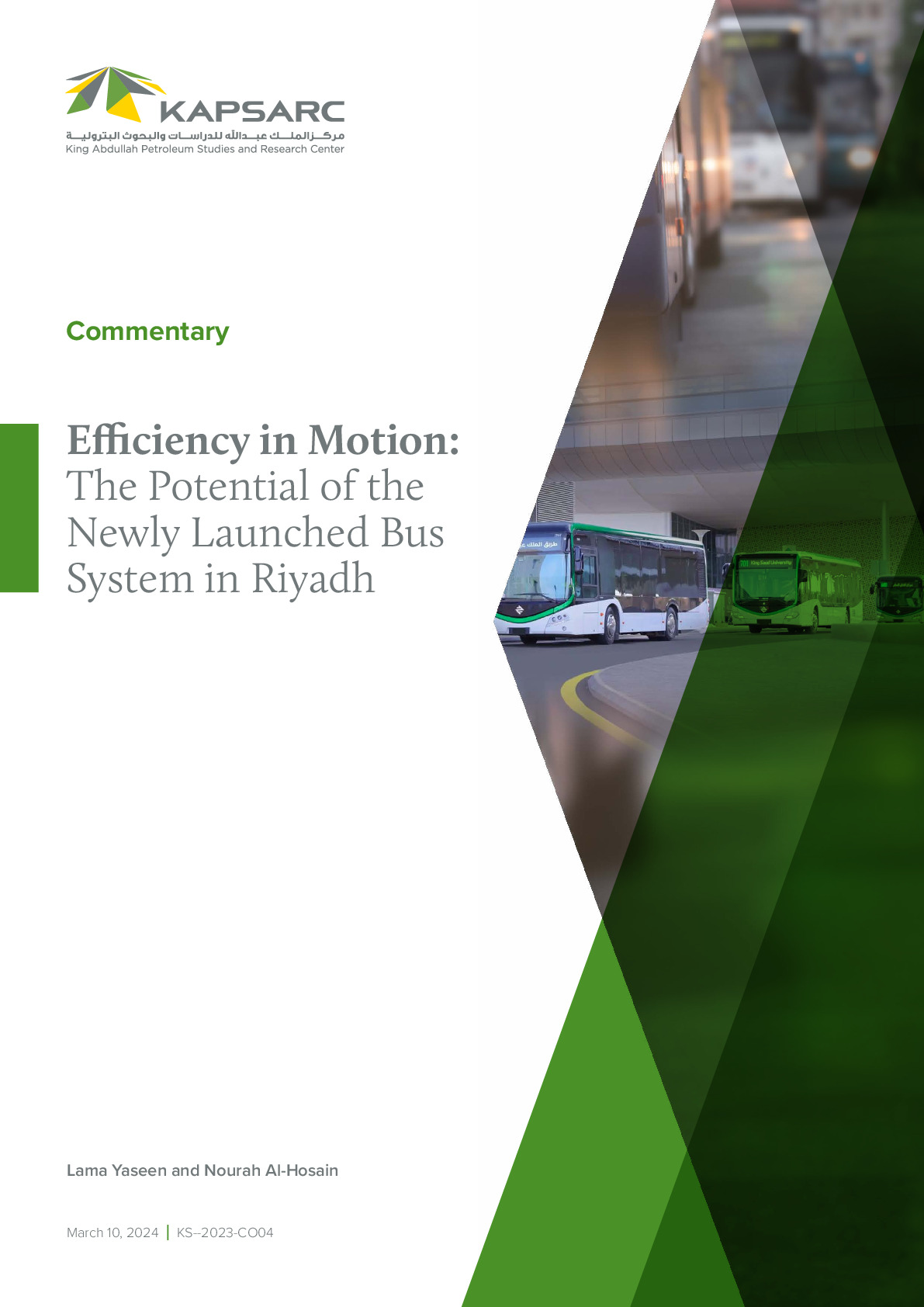The KAPSARC Toolkit for Behavioral Analysis (KTAB) is freely available, state-of-the-art software that has been designed to enable the rigorous and systematic analysis of collective decision-making processes (CDMPs). KTAB is being designed with three types of users in mind. The program code is available directly for computer programmers. Power users will be able to construct their own specific models based on the existing structure, and applied users will be able to access pre-built models through a simple graphical user interface. Collective decision-making processes are those in which a group of individual actors interact to arrive at a single decision. Common examples include the deliberations of corporate boards. These processes have usually been studied in a purely qualitative fashion, but there is a growing body of evidence which suggests that computer models can deliver additional insights. KTAB is being designed to unlock these additional insights for a broader range of analysts, but its release is also hoped to extend the awareness of computer models as a route to the investigation of CDMPs, and to prompt a wider acceptance and uptake of a quantitative approach to such analyses.

Brian Efird
Director of Strategic Partnerships
Brian Efird is the Director for Strategic Partnerships at KAPSARC. His responsibilities include planning and oversight of KAPSARC’s global outreach…
Brian Efird is the Director for Strategic Partnerships at KAPSARC. His responsibilities include planning and oversight of KAPSARC’s global outreach and engagement, as well as forging multiparty collaborations that conceptualize and facilitate high impact, applied research projects in the areas of energy economics, policy, and sustainability. He previously served as the Program Director for Policy and Decision Science, managing a team of researchers that covered a global program of work focused on the nexus between geopolitics, domestic and local politics, energy, and climate change. This included multi-disciplinary analysis of the geopolitics of energy and the environment, quantitative models of collective decision-making processes (CDMPs), geospatial information system (GIS) applications to energy economics and energy policy, and the impact of political phenomena on global energy markets. Dr. Efird was previously a Senior Research Fellow at the National Defense University in Washington, D.C.; a consultant on defense and international security matters in Washington; and a consultant applying quantitative models to support corporate, investment banking, and legal negotiations in New York. He received a Ph.D. in Political Science and M.A. in International Studies from Claremont Graduate University.





